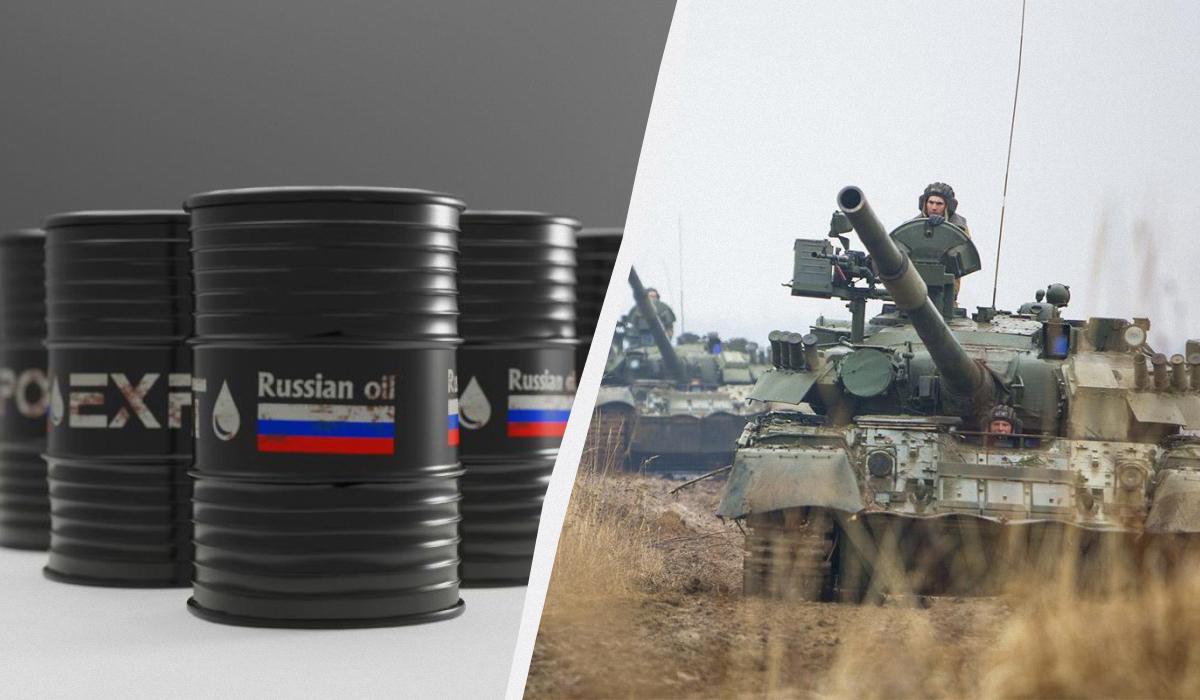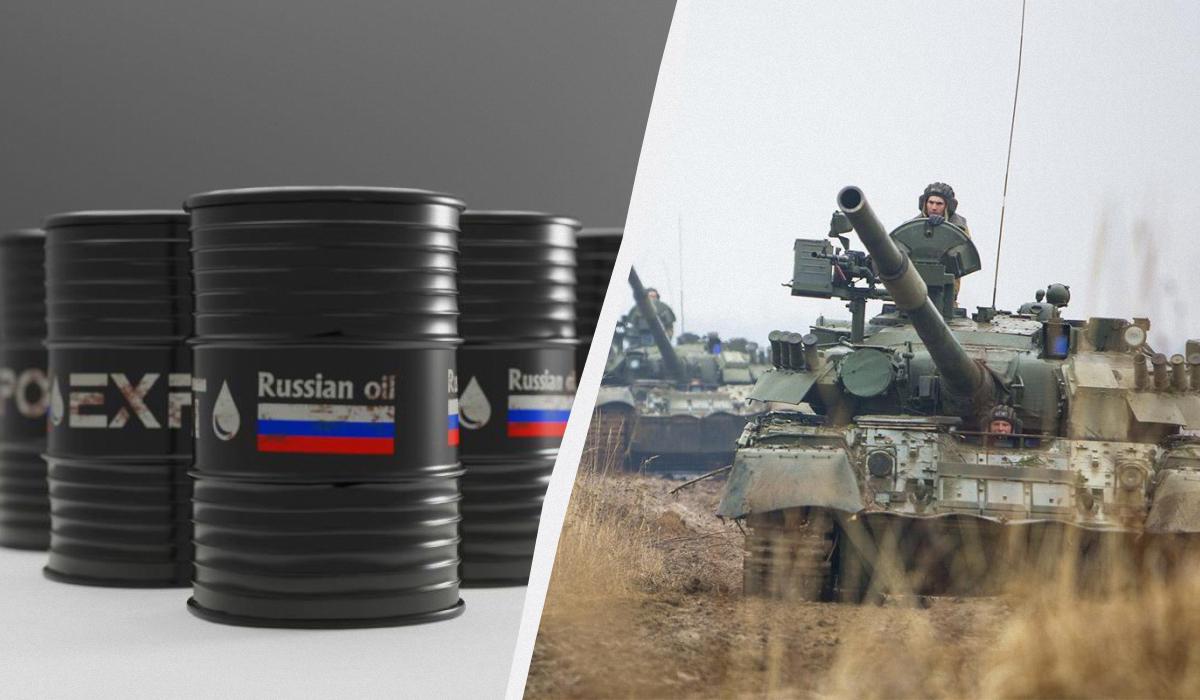“And in the field of nuclear energy, the dependence is even greater.”, — write: www.unian.ua
And in the field of nuclear energy, the dependence is even greater.
 Europe continues to finance Russian aggression against Ukraine / UNIAN collage, photo ua.depositphotos.com, wikimedia.orgRussia’s full-scale war against Ukraine is approaching its third anniversary, but Europe still maintains significant ties to the aggressor state in the energy sector. Foreign Policy writes about it.
Europe continues to finance Russian aggression against Ukraine / UNIAN collage, photo ua.depositphotos.com, wikimedia.orgRussia’s full-scale war against Ukraine is approaching its third anniversary, but Europe still maintains significant ties to the aggressor state in the energy sector. Foreign Policy writes about it.The publication notes that the “notorious pro-Russian governments” of Hungary and Slovakia are far from the only ones in Europe who still rely on Russian energy carriers. France, Austria and Spain still pay significant amounts of funds to Russia.
The authors of the publication admit that EU countries, and especially Germany, have really done a lot to reduce their energy dependence on Russia. Overall, Russian fossil fuel imports fell by 94%, from $16 billion a month to about $1 billion a month. For example, the import of coal has completely stopped. But EU countries still buy energy from Russia and thus pay directly into Putin’s military budget.
The situation with liquefied natural gas (LNG) is particularly egregious. In 2024, the EU imported a record 16.5 million metric tons of LNG from Russia, up from 15.2 million in 2023. In 2024, its import from Russia was increased by France, Spain, the Netherlands and Belgium. As of the end of 2024, Russia still accounted for 18% of all natural gas imports into the EU.
The authors of the publication explain Europe’s reluctance to give up Russian gas not by the lack of alternatives (they exist), but by the desire to profit from cheap Russian gas.
“Behind Slovakia’s protests are its solid profits from the “resale and transit of Russian gas” through Ukraine — about 1.5 billion dollars a year. Hungary’s interests are also monetary: Gazprom sells Hungary even more gas so that traders in Hungary can profit from resale to third countries, “and the government collects a significant part of the money in the form of taxes”, – writes Foreign Policy.
The oil sanctions against Moscow also have their exceptions. Crude oil from the Russian Federation continues to flow to Hungary and Slovakia through pipelines. On a smaller scale, it is bought by Belgium, Austria and the Czech Republic.
In addition, oil products obtained from Russian oil often enter the EU through third countries. According to statistics, in 9 months of 2024, EU countries imported 12.3 million tons of oil products from India, China and Turkey. At least 4.8 million tons of them were obtained directly from Russian oil.
Finally, Russia is still the dominant supplier of nuclear fuel and technology for much of Europe’s nuclear power industry. It is one of the world’s largest uranium producers, controlling 44% of the world’s uranium enrichment capacity. Almost 20% of the unprocessed uranium imported into Europe comes from Russia, and another 23% comes from Kazakhstan, where Rosatom has a significant stake. Experts explain the lack of sanctions against Rosatom by the fact that, on the one hand, the EU is quite dependent on Russian nuclear fuel, and on the other hand, these sanctions will not have a significant impact on the Russian Federation, since it is only about $1 billion in trade.
“Given the humanitarian tragedy in Ukraine and the geopolitical consequences of the war, Europe should speed up the formulation of clear instructions and earlier deadlines for the gradual cessation of imports of all types of Russian energy carriers,” Foreign Policy summarizes.
Other economic newsAs UNIAN wrote, the minimum wage in Poland was six times higher than the Ukrainian one. As of January 1, a full-time worker in Poland must now receive at least 4,666 zlotys per month, or $1,120. In Ukraine, the minimum rate is 8 thousand hryvnias, i.e. 190 dollars.
We also reported that experts are skeptical about Trump’s ability to rein in Putin with new sanctions. If they turn out to be too weak again, the aggressor will simply ignore them.
You may also be interested in news:
- North Korea is building a huge missile frigate similar to the Russian Darzky project – media (photo)
- BpLA were scared: a court in Moscow ordered Yandex to remove the image of the Rosneft plant
- Chinese drones may be taken away from the US, – mass media
